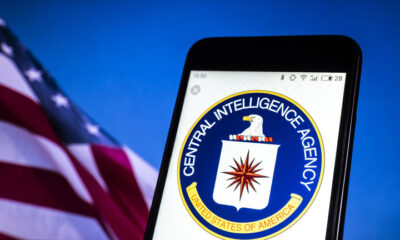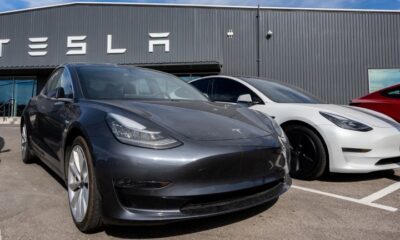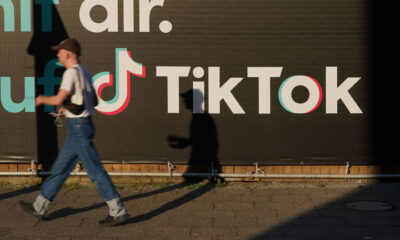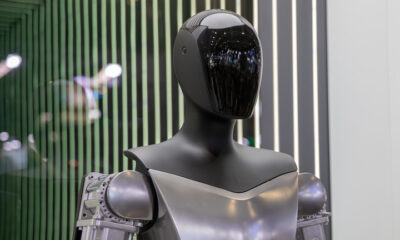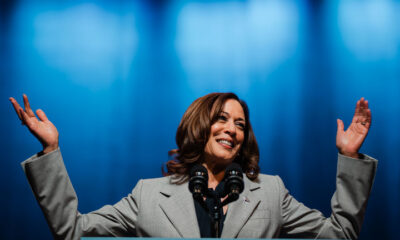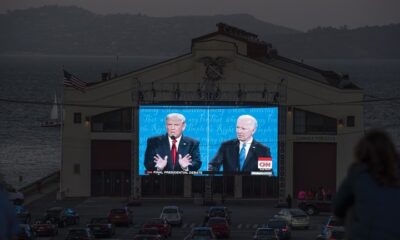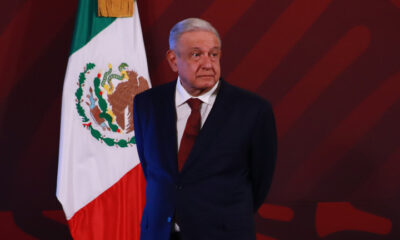Twitter has expanded its war on Covid-19 wrongthink, announcing it will label “disputed” and “unverified” claims – categories that technically include even the scientific consensus, which has evolved with knowledge of the virus.
The social media platform will label not only “misleading” Covid-19 information – claims experts have determined to be false – but also “disputed” material whose accuracy is uncertain and “unverified” statements that simply haven’t yet been confirmed, Twitter announced in a blog post on Monday.
Offending tweets will feature a label linking to either a curated “Moment”-style Twitter page or an “external trusted source” featuring additional information on the tweet’s content. In the most extreme cases, the tweet will be hidden beneath a warning screen alerting the viewer that “some or all of the content shared in this tweet conflicts with guidance from public health experts” and the user will have to click through to view it.
Yoel Roth, the platform’s head of Site Integrity, promised the new labels would be applied equally to everyone – including world leaders – after he was questioned about whether US President Donald Trump would be allowed to tweet “harmful misleading information.”
Trump’s busy Twitter fingers have caused no end of grief to the mainstream media figures responsible for the care and feeding of the coronavirus narrative, and demands for Twitter to deplatform the president surged especially after he made comments – in a press conference, not on Twitter – that were widely misinterpreted as a recommendation that Covid-19 patients inject disinfectant.
Twitter has been removing tweets that it claimed “incite people to action and cause widespread panic, social unrest, or large-scale disorder” for months under its increasingly stringent Covid-19 misinformation policies. Its admittedly selective enforcement decisions have led to accusations of political bias.
Last week, the platform froze conservative commentator Candace Owens’ account over a tweet calling on Michigan residents to “open [their] businesses” and “go to work,” while other high-profile users including antivirus tycoon John McAfee (who joked that black people couldn’t catch a “Chinese virus”) and former Milwaukee County Sheriff David Clarke (who urged people to “stop buying toilet paper” and “GO INTO THE STREETS”) have also had tweets removed.
However, under the previous rules, Twitter had pledged to remove only content that included calls for action. While Twitter plans to apply the new wrongthink labels retroactively, it’s unclear how far into the past the platform plans to reach, given that scientific understanding of the epidemic has evolved significantly since it emerged in December.
Much of what was believed to be true when the outbreak became public knowledge has been discarded, from its rate of contagion to the now-infamous models predicting millions of deaths within individual countries. Even the designation of “expert” has been ephemeral – few Twitter users are likely to look to Neil Ferguson, the UK professor who violated the strict lockdown rules he helped devise in order to engage in trysts with his married lover, as a voice of wisdom on public health policy going forward, even if his word was treated as gospel months ago.
Twitter appears to acknowledge the pitfalls of appointing itself sole arbiter of coronavirus truth in a disclaimer toward the end of the post outlining the new rules, referencing the “dynamic situation” and promising to prioritize “review and labeling of content that could lead to increased exposure or transmission.”
While hinting at “internal systems” that will “proactively monitor content” for dissent, Twitter will “continue to rely on trusted partners” to do the heavy lifting of highlighting “content that is likely to result in offline harm,” the company said.
Like this story? Share it with a friend!
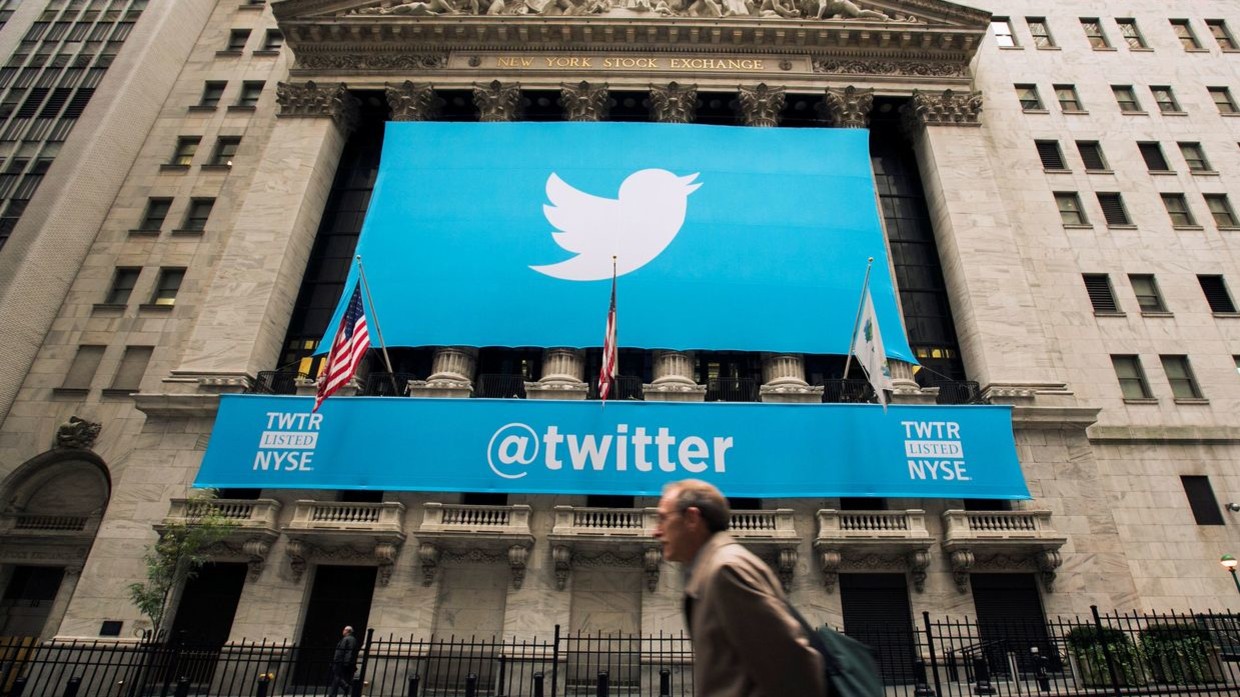
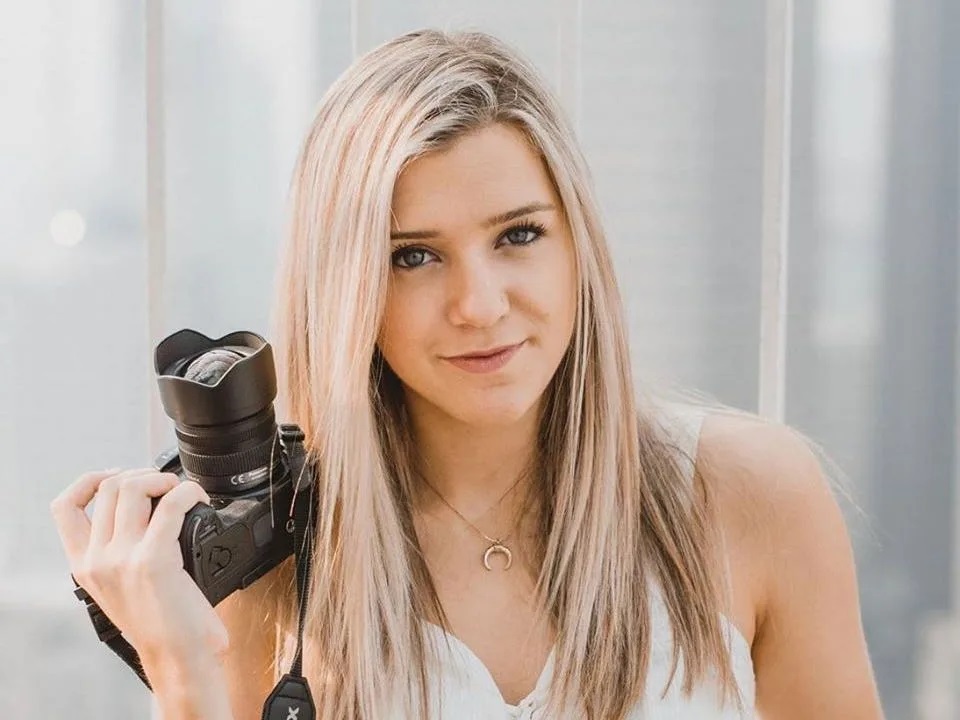
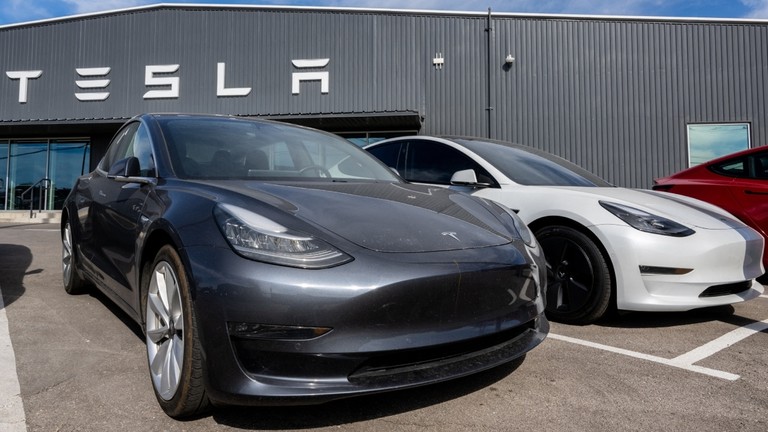
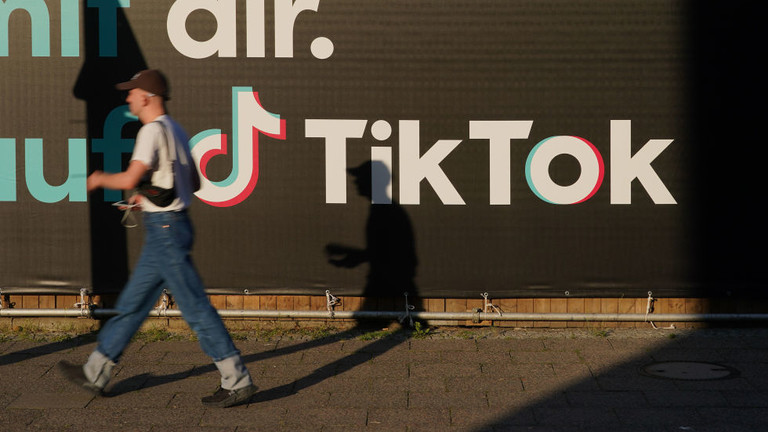

 FINANCE12 months ago
FINANCE12 months ago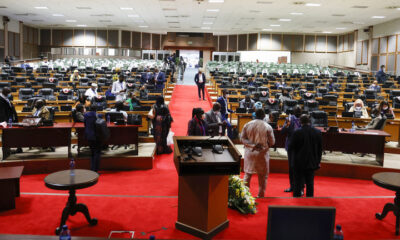
 NEWS12 months ago
NEWS12 months ago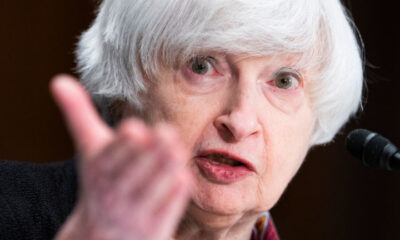
 FINANCE12 months ago
FINANCE12 months ago
 FINANCE12 months ago
FINANCE12 months ago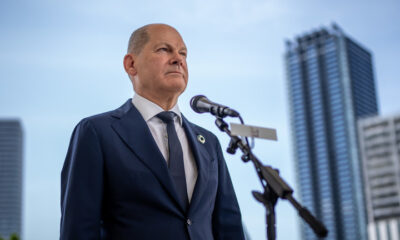
 WAR12 months ago
WAR12 months ago
 NEWS12 months ago
NEWS12 months ago
 NEWS12 months ago
NEWS12 months ago
 NEWS12 months ago
NEWS12 months ago



